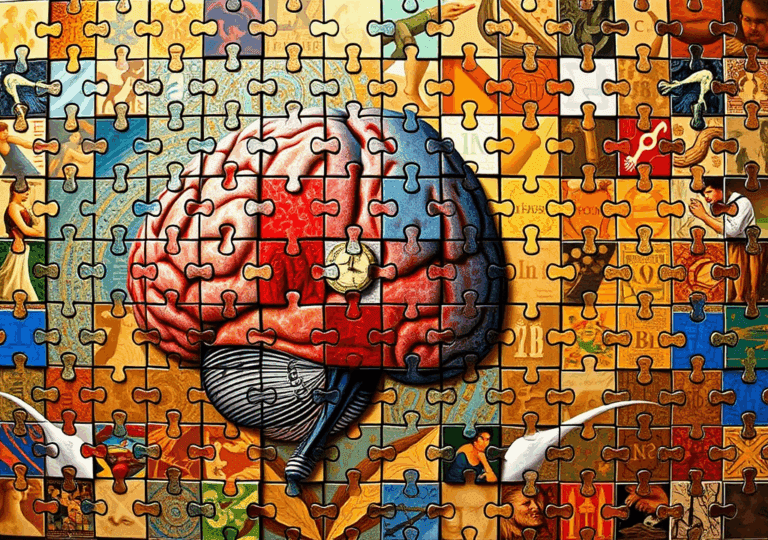
Financial Planning for Neurodiverse Families
For neurodiverse families, financial planning isn’t just about balancing budgets—it’s about creating security that allows everyone in the household to
All services are 100% virtual. I’m licensed in California and work with adults in California, by secure video.
Ready to get started or have questions? Click here to complete the contact form and connect with me.
Subscribe for free access to all mini-courses & get my weekly newsletter with the latest articles, news, videos & resource updates.

For neurodiverse families, financial planning isn’t just about balancing budgets—it’s about creating security that allows everyone in the household to

For neurodiverse families, financial planning isn’t just about balancing budgets—it’s about creating security that allows everyone in the household to




Understanding neurodiversity in couples therapy goes far beyond textbook definitions. It’s about recognizing that individuals on the autism spectrum experience

Date nights can feel like a puzzle when you’re in a neurodiverse relationship. I’ve seen countless couples struggle with this.

When you’re in a neurodiverse relationship, finding common ground can feel like solving a complex puzzle. But here’s what I’ve

When I think about the challenges adults with autism face in social settings, it becomes clear why inclusive community groups

When you’re in a relationship where one or both partners are on the autism spectrum, you’re navigating something beautifully complex.
Adult Autism Spectrum Disorder Articles by Kenneth Roberson, Ph.D.
The latest Autism Spectrum Disorder News
Recommended Autism Spectrum Disorder Videos

When I first started working with adults on the autism spectrum, I noticed something that kept coming up in our

Navigating the complexities of life can be a challenge for anyone, but when you’re an adult who may be on

Autism Spectrum Disorder (ASD) is a lifelong neurodevelopmental condition that presents unique behavioral and neurological challenges for adults. While autism

The essence of therapy for adults with autism lies in its capacity to affirm the individual’s identity, promoting a sense of self-acceptance and belonging.
By fostering an environment where adults with autism feel understood and valued, therapy can play a pivotal role in enhancing their quality of life and enabling them to navigate the complexities of the adult world with confidence and resilience.











Whether you’re navigating life with autism or loving someone who is, you’ve probably noticed that most advice just doesn’t fit. That’s because it wasn’t designed for how your brain—or your partner’s—actually works.
Welcome to the Autism Learning Hub, where you’ll find practical strategies, expert insights, and real solutions for the challenges neurotypical advice never addresses.
No fluff. No neurotypical platitudes. Just real help for real challenges—whether you’re on the spectrum or standing beside someone who is.